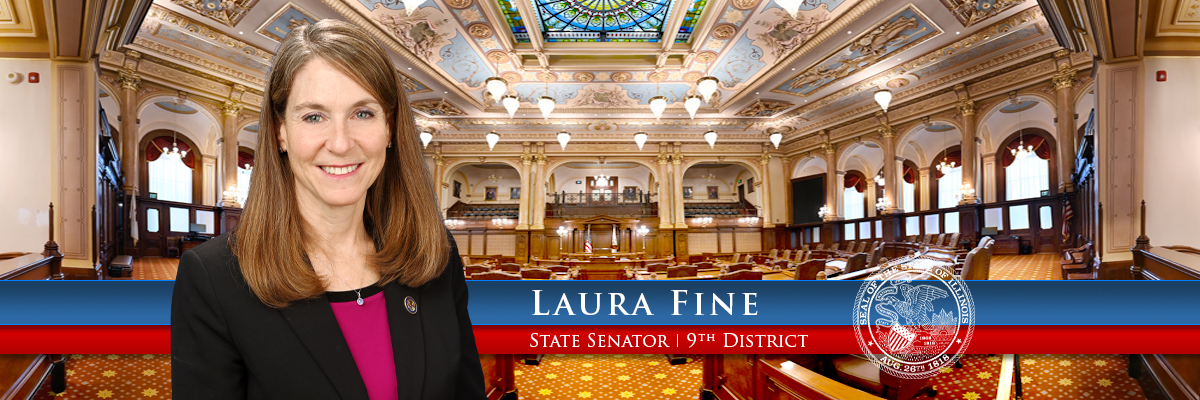- Details
- Category: Press Releases
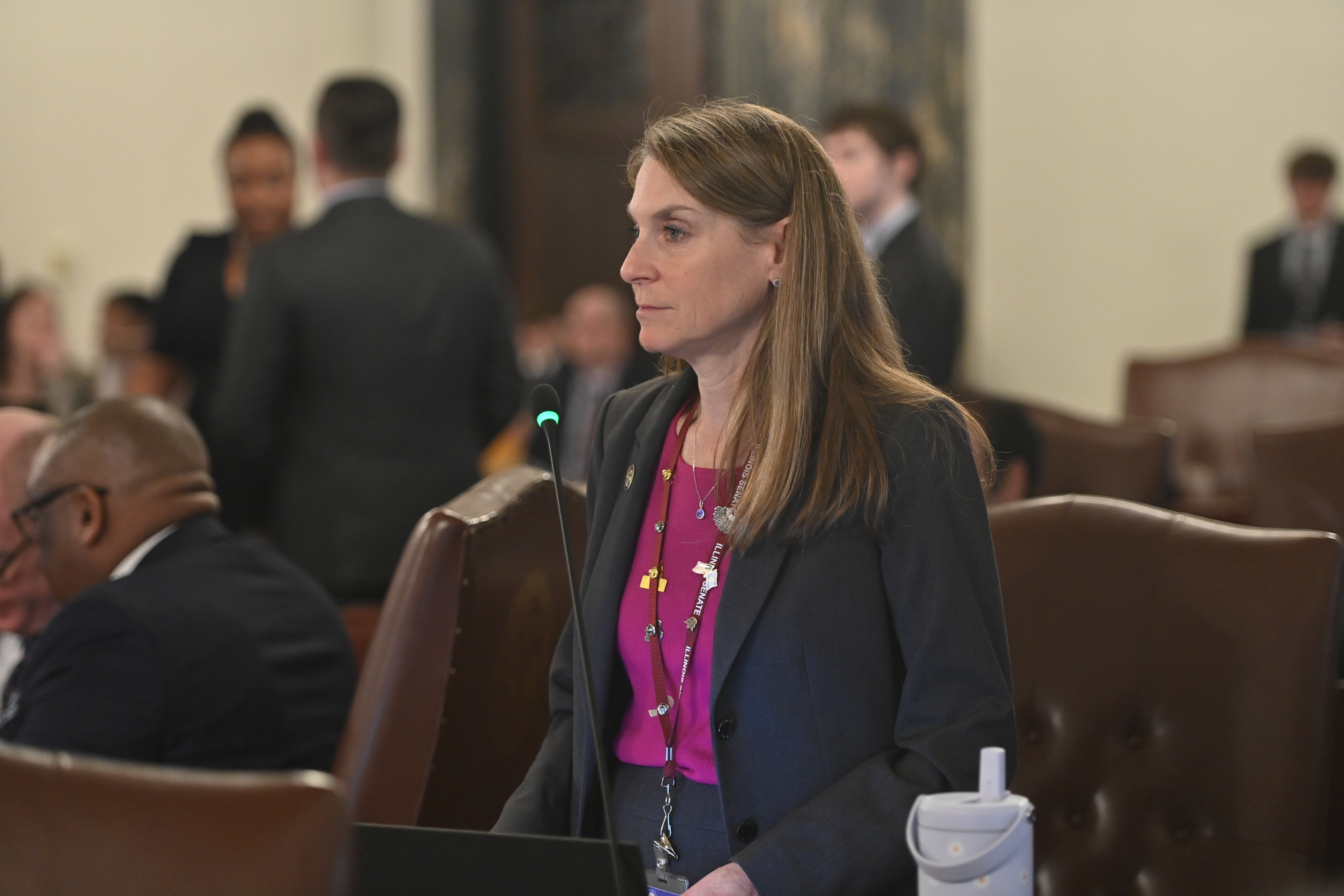
“Since 2022, I have visited state-operated mental health and developmental disability facilities across the state to receive feedback and ideas on how we can protect our state's most vulnerable residents,” said Fine (D-Glenview). “This measure continues that effort by giving the OIG additional tools needed to effectively prevent and deter abuse and neglect.”
Under current law, the Illinois Department of Human Services OIG is required to conduct annual unannounced site visits to all 14 state-operated facilities related to preventing, reporting, investigating and responding to abuse and neglect. Senate Bill 857 expands this preventative measure to give the OIG the ability to conduct targeted site visits to all community agencies in the state, which includes Community Living Arrangements (CILA) and Community Mental Health Centers.
Read more: Fine legislation to increase patient safety at mental health facilities passes the Senate
- Details
- Category: Press Releases
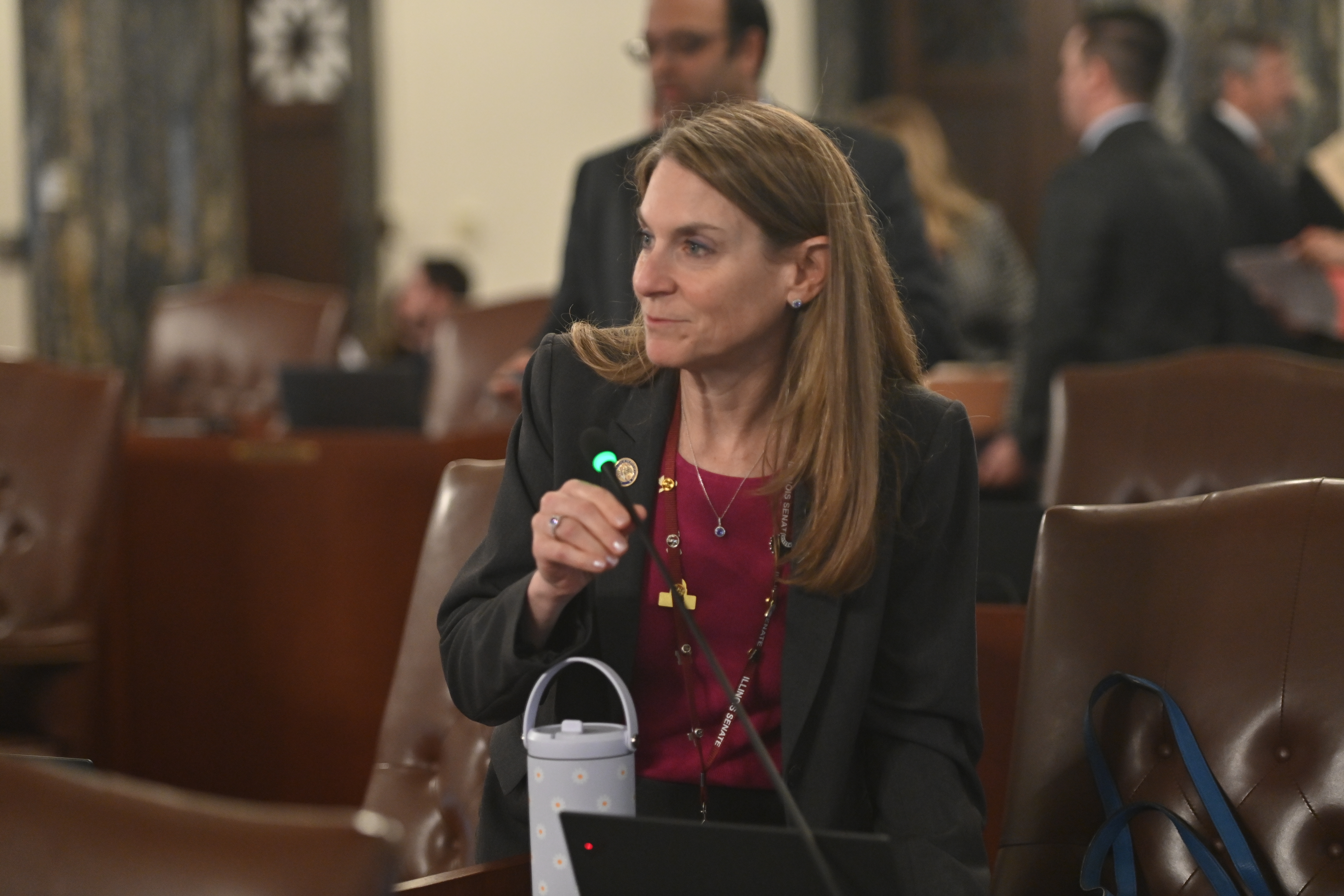
“According to researchers, by 2050, plastic could outweigh all fish in the oceans,” said Fine (D-Glenview). “Personal products available in plastic bottles are common in hotels and pose immediate risk to our environment once they are thrown away. This bill puts our state on the path to being part of a solution by reducing plastic pollution.”
Senate Bill 2960 creates the Small Single-Use Plastic Bottle Act, which requires hotels with 50 or more rooms to eliminate the use of small, single-use plastic bottles containing personal care products in individual rooms and public bathrooms beginning July 1, 2025. By Jan. 1, 2026, all hotels with fewer than 50 rooms are expected to make this transition.
- Details
- Category: Press Releases
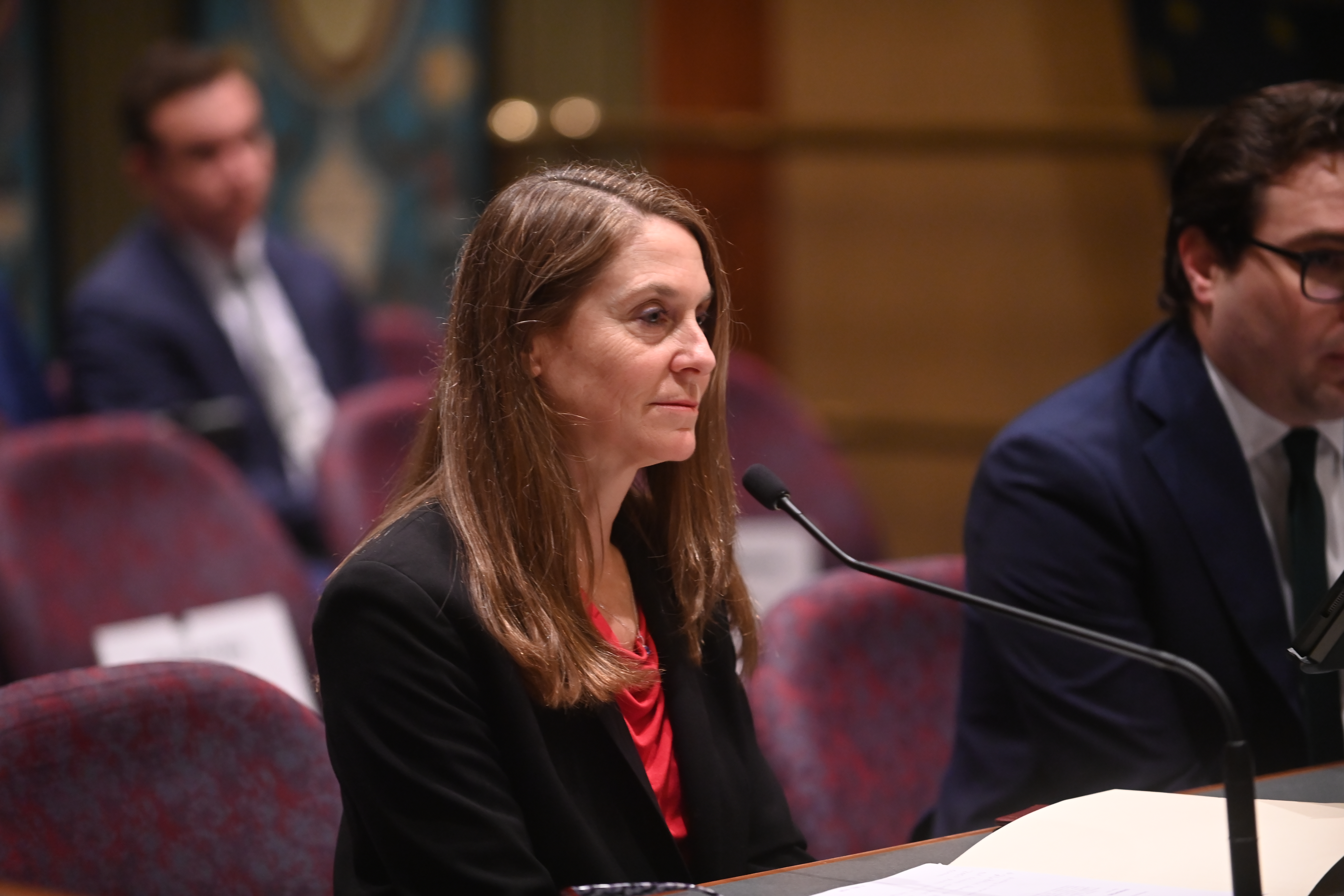
“Plastic is a significant source of pollution and impacts our waterways and natural habitats,” said Fine (D-Glenview). “This is a sustainability initiative that prohibits the hotel industry from using small plastic bottles in their rooms to make way for an environmentally-friendly approach to customer service.”
Senate Bill 2960 creates the Small Single-Use Plastic Bottle Act, which requires hotels with 50 or more rooms to eliminate the use of small-single use plastic bottles containing personal care products in individual rooms and public bathrooms beginning July 1, 2025. By Jan. 1, 2026, all hotels with fewer than 50 rooms are expected to make this transition.
Read more: Fine to reduce excess plastic waste in the hotel industry
- Details
- Category: Press Releases
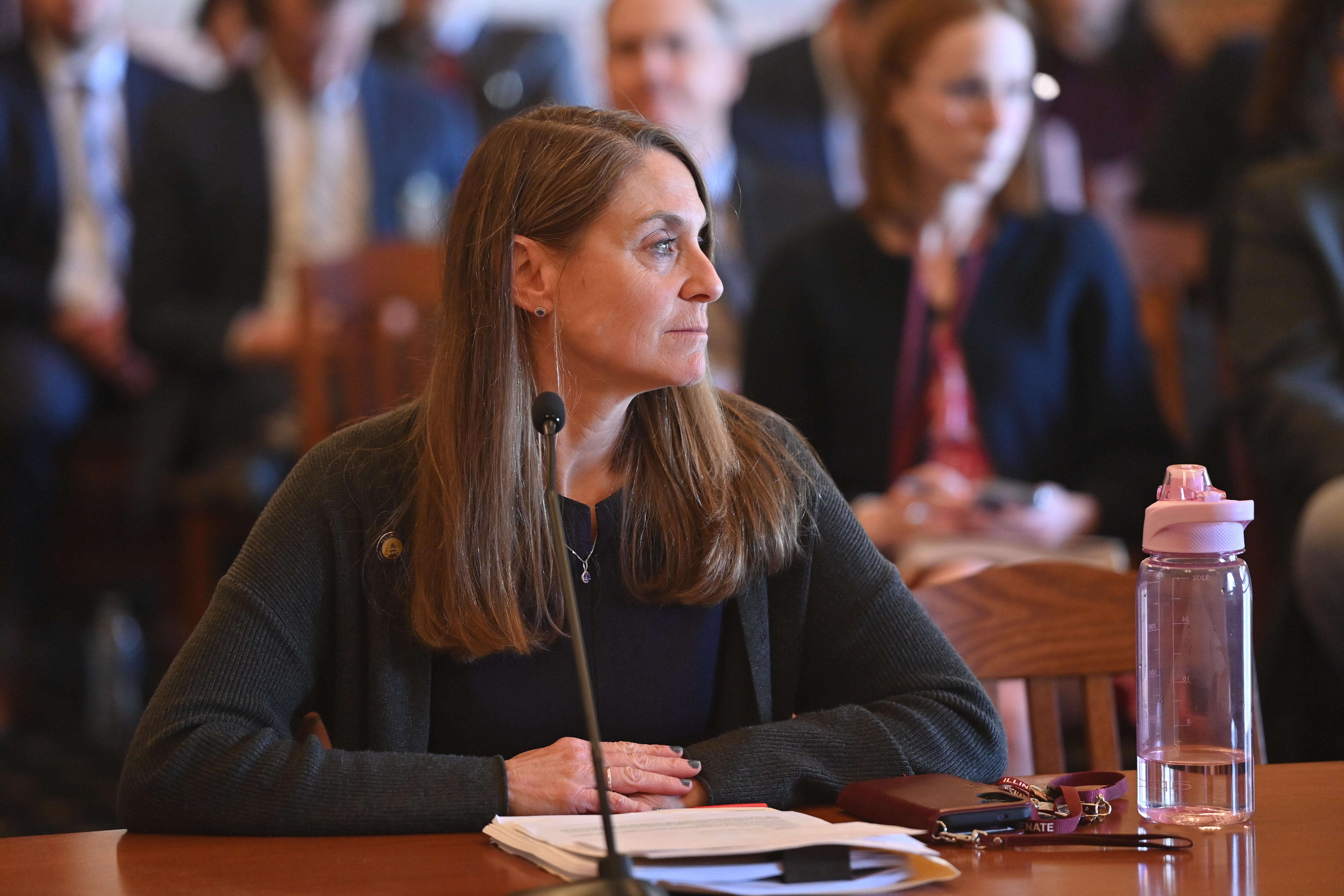
“Although our state has made progress in advancing clinical care, we need to enhance procedures for protecting adults who may not be able to take care of themselves,” said Fine (D-Glenview). “This legislation streamlines essential care to patients who unfortunately do not have the ability to care for themselves by ensuring they receive timely access to recommended services.”
Senate Bill 2799 creates a screening procedure for cases of self-neglect among adult patients under the Adult Protective Services intervention program. If a patient is found to be a substantial health threat to themselves due to self-neglect, a provider agency must develop a case plan within 10 days and with the consent of the adult.
Read more: Fine enhances treatment procedures for neglected adult cases
More Articles …
Page 19 of 77
